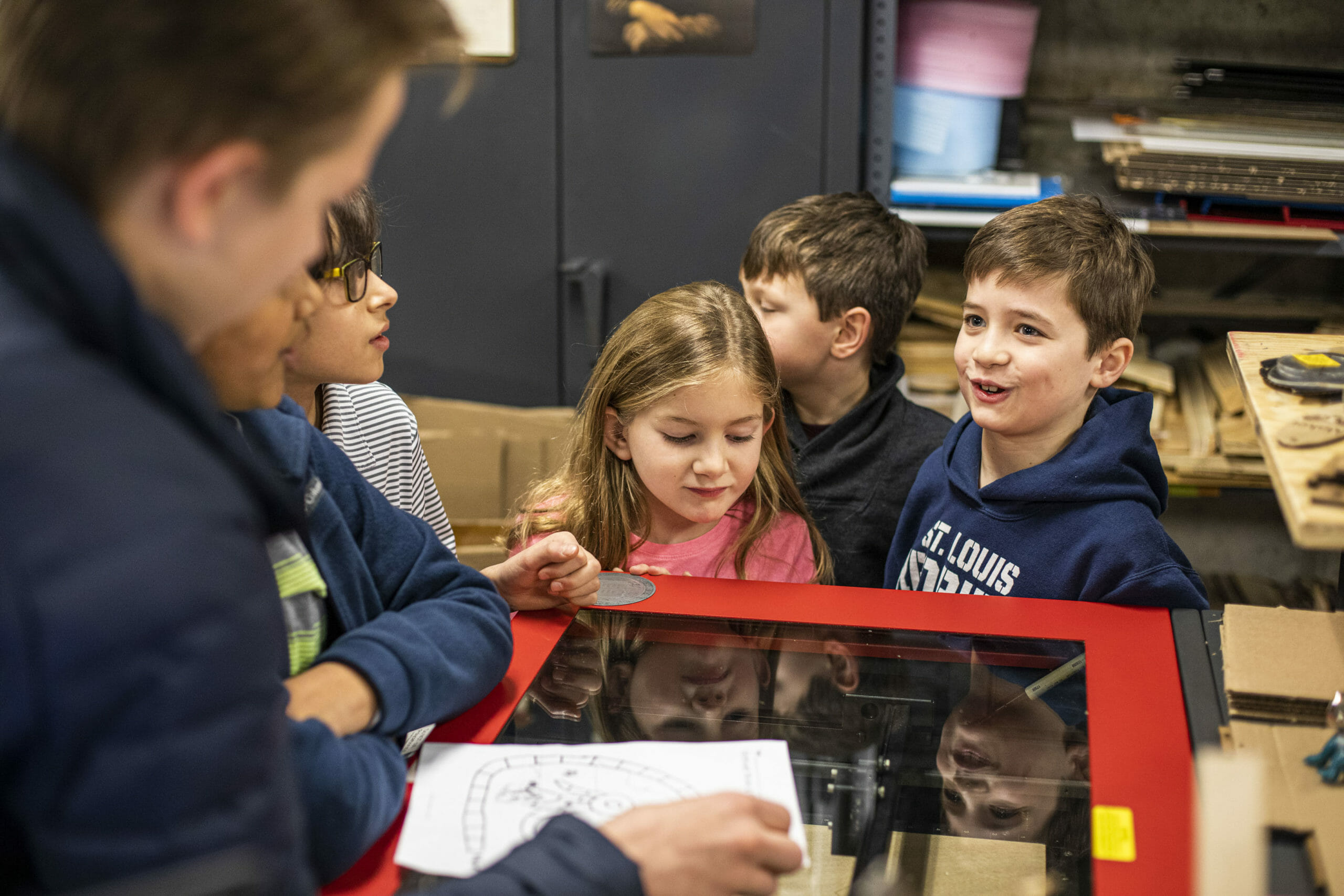One of the most impactful works of scholarship that I have encountered in the last several years is Sapiens by the Israeli historian Yuval Noah Harari.
Among the claims advanced in this singular biography of our species is the analogy that ideas are to psychology as pathogens are to physiology – that powerful notions insinuate and propagate themselves in our minds and spread themselves from mind to mind just as microbes insinuate and propagate themselves in our bodies and spread themselves from body to body. The phenomena of infection and contagion, Harari contends, are not exclusive to our physiological selves.
The Chicago epidemiologist Gary Slutkin has for many years based his work on a similar observed parallel between the physiological phenomenon of epidemic disease and the social-psychological phenomenon of epidemic violence. How fitting that many people are acquainted with Dr. Slutkin’s work through his participation in a 2013 TED conference, itself unabashedly a platform for information contagion (“TED: Ideas Worth Spreading”). That Dr. Slutkin’s TED Talk, at nearly one million online views, might be said to have “gone viral” only further validates Harari’s epidemiological metaphor.
I am in Philadelphia as I write this, attending this year’s NAIS conference. Last night, Ruth and I traveled to nearby Delaware to watch our daughter, Elizabeth, compete at the state championship swim meet there. A little girl at the meet was wearing a “Kindness Is Contagious” t-shirt. What a perfect antidote, I thought, for the week we are having. What a timely reminder of Harari’s argument.
The word contagion, which derives from a Latin verb and preposition pair meaning “touches with,” is not inherently negative. Neither is the word infection, which translates approximately as “makes within.” As our world continues to find its way forward in response to the COVID-19 outbreak – and as we at MICDS continue to do the same, and with appropriate care and urgency – it is necessary, in parallel, that our habits of composure and grace and determination also be contagious, and that they infect our thoughts and words and actions as we meet this rising global physiological challenge with commensurate social-psychological strength.
Responding to the most destructive social-psychological phenomenon of the early 1930s, which we now recall as the Great Depression, Franklin Roosevelt famously admonished Americans on the inaugural day of his presidency that “the only thing we have to fear is fear itself.” To overwhelm viruses of worry and fear with antidotal contagions of resilience and hope – this is ever the advancing work of our species, and it will be the work of our good school community all the more in the days and weeks and months to come.
Always reason, always compassion, always courage. I wish you and your families contagious optimism and joy — and prudent health and hygiene habits for good measure! — this weekend.
Jay Rainey
Head of School
